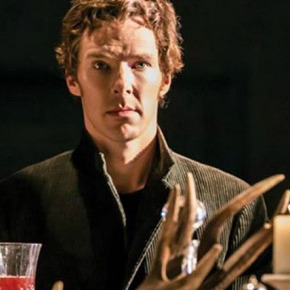
In praise of evanescence
A sense of bemused confusion and intrigued curiosity is the audience’s first impression of David Zinn’s set for Annie Baker’s The Flick, currently at the National Theatre following a strong and successful season in New York, where it won the Pulitzer Prize for Drama. There are seats on either side of the space that ought...
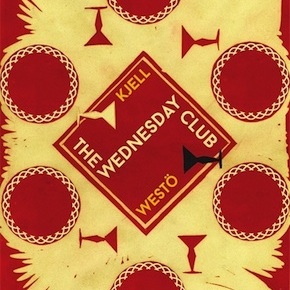
A mirage of horrors
“Our language lacks words to express this offence, the demolition of a man.” Primo Levi The question of how one writes, thinks or speaks about the holocaust and the ideologies and sociohistorical conditions that spawned it, is perhaps as vital now as it was in the direct aftermath of a period when the word ‘hell’...

Divine wonderlands
Since at least the early twentieth century, the question of identity, the vital reality or stark falsehood of such a concept, has been at the core of the most serious literary writing. From existential anxiety and historical misappropriation, to the dispossession or conscious denial of individuality, writing now seems to be at an even more...
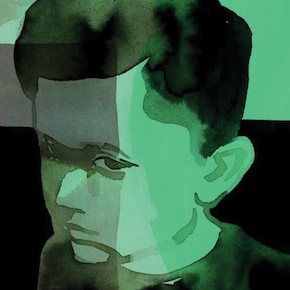
Memory’s martyr and keeper
Patrick Modiano has often said that he is writing constantly, persistently, invariably but with almost infinite variations, the same book. And at the centre of each of his novels, almost like a reverberating echo or clinging shadow, is the story of himself in search “for mystery where there was none”, for the “transparency” (of memory,...
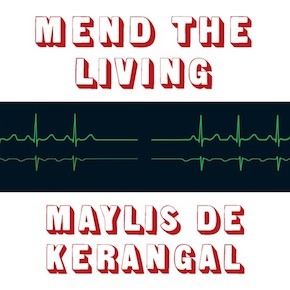
From the heart
The title of Maylis de Kerangal’s second novel in English comes from Platonov, an unfinished and seldom performed play by Chekhov. One of his earliest works, ‘Little Plato’ is a distillation of every human gesture and movement, the ideas and existential questions that were to define Chekhov’s later work in its entirety. Above all, the...
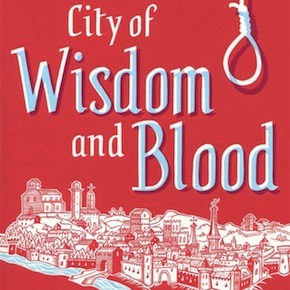
Centuries of wisdom and blood
France and the world were stunned by shock and horror at the beginning and end of 2015 when terrorist fundamentalists spread fear and murder across Paris. Hunting down the culprits, locating their networks and above all untangling and striving to understand their motives and ultimate purpose has become a daily agenda, with ramifications far beyond...
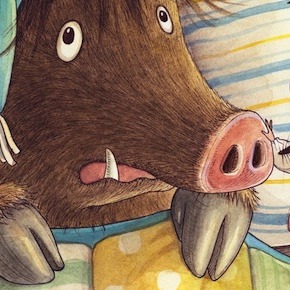
Three Christmas hampers
Still pondering gifts for the smaller people in your life as the winter holidays loom? Here’s a selection of non-perishable treats for Discerning Young, Not Very Young and Definitely Older readers, featuring books that have been published, reissued or rediscovered in 2015, as well as one or two earlier favourites. Hamper #1 – A Box of...
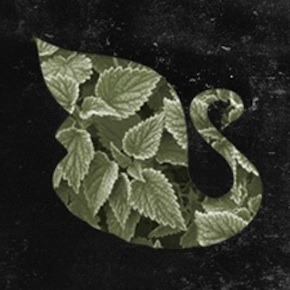
A small wonder
They say that good things come in small packages, and W11 Opera’s current production of Eliza and the Swans, a sparkling retelling of Hans Christian Andersen’s The Wild Swans, is certainly a glorious thing on the small stage of the POSK Theatre in Hammersmith, which for two nights transforms into the great world of fairy...
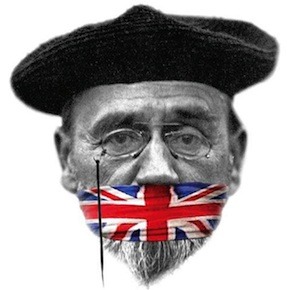
Not for the ordinary reader
Émile Zola thoroughly enjoyed being the bête noire of French letters and the gadfly of the literary imagination, constantly challenging what writing, novel writing in particular, was all about. He was unflinching in his project of redefining literature as an enterprise of scientific scrutiny into society’s innards and gutters. He became the leading figure of...
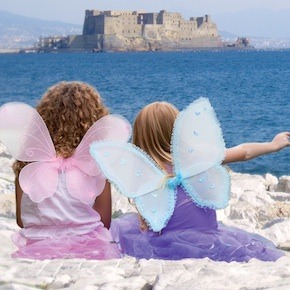
Erasures
Ann Goldstein, the English translator of Elena Ferrante, said in a panel discussion hosted by Rosie Goldsmith at Waterstones Piccadilly this month that she felt “bereft when the last translation was finished.” “The characters,” she felt, “become people we live with.” The same sense of bereavement, of loss of a vital friend or voice, is...
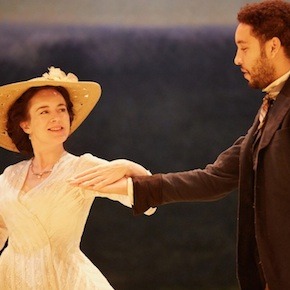
A fruitful distillation of old and new
Patrick Marber’s Three Days in the Country at the National Theatre. “A ripe-soft pear” was Gustave Flaubert’s term of affection for his good friend Ivan Turgenev. Taken out of context, the term is hardly a compliment. Une poire molle is someone who lacks character, conviction, mettle; yet Flaubert must have meant something very different. According...

